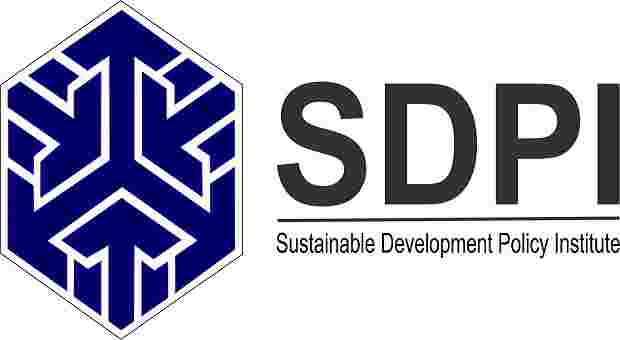Islamabad, May 27, 2025 – Leading experts, industry stakeholders, and government representatives have strongly recommended reverting the General Sales Tax (GST) on packaged milk from the current 18% back to 5% to boost dairy sector.
The call was made during a high-level policy dialogue held in Islamabad, organized by the Sustainable Development Policy Institute (SDPI), under the theme “Enabling Dairy Sector Transformation through Smart Taxation.” The event was part of SDPI’s ongoing pre-budget consultation series for the fiscal year 2025–26.
The dairy industry, a vital component of Pakistan’s rural economy and nutrition chain, remains largely informal, with over 90% of its operations undocumented and untaxed. Dr. Abid Qaiyum Suleri, Executive Director of SDPI, emphasized that the high GST on dairy products—especially packaged milk—discourages formalization and penalizes businesses that follow health and safety standards. “Reducing GST to 5% will not only strengthen documentation but also enhance food security and public health,” he noted.
Dr. Umar Farooq, a Research Associate at SDPI, presented alarming data showing that the 18% GST has caused a 20% decline in packaged milk sales and led to the closure of more than 500 formal milk processing units. “This shift has pushed approximately Rs1.3 trillion into the informal market, which is unregulated and often unsafe,” he warned. He added that globally, the average GST on milk is only 6%, making Pakistan’s rate unusually high.
Industry leaders also voiced their concerns. Muhammad Nasir of FrieslandCampina Engro Pakistan underscored dairy’s critical role as a social and nutritional safety net. “Increasing the GST on dairy products is not just bad economics—it threatens the health of future generations,” he said. With Pakistan already facing a child stunting rate of nearly 40%, experts argued that overtaxing safe, packaged milk could worsen nutritional outcomes.
Aatekah Mir from Nestlé Pakistan added that the high tax has frozen investment in dairy infrastructure, including cold chains and pasteurization facilities. She noted broad political agreement against the tax, calling for its immediate revision. Similarly, Dr. Shehzad Amin, CEO of the Pakistan Dairy Association, called the 18% GST “globally unjustified” and a barrier to public access to safe milk. “No other country taxes milk this high. Safe milk is a human right, not a luxury,” he asserted.
Experts further pointed out that nearly 96% of milk from the informal sector is adulterated, posing severe health risks. They stressed that reducing GST to 5% would incentivize formal operations, ensure safer milk supply, and contribute to national health and economic goals.
In conclusion, stakeholders unanimously called for a reformed GST structure—specifically, a reduction to 5% for dairy—to promote sector growth, improve nutritional outcomes, and bring informal milk production into the regulatory net.
